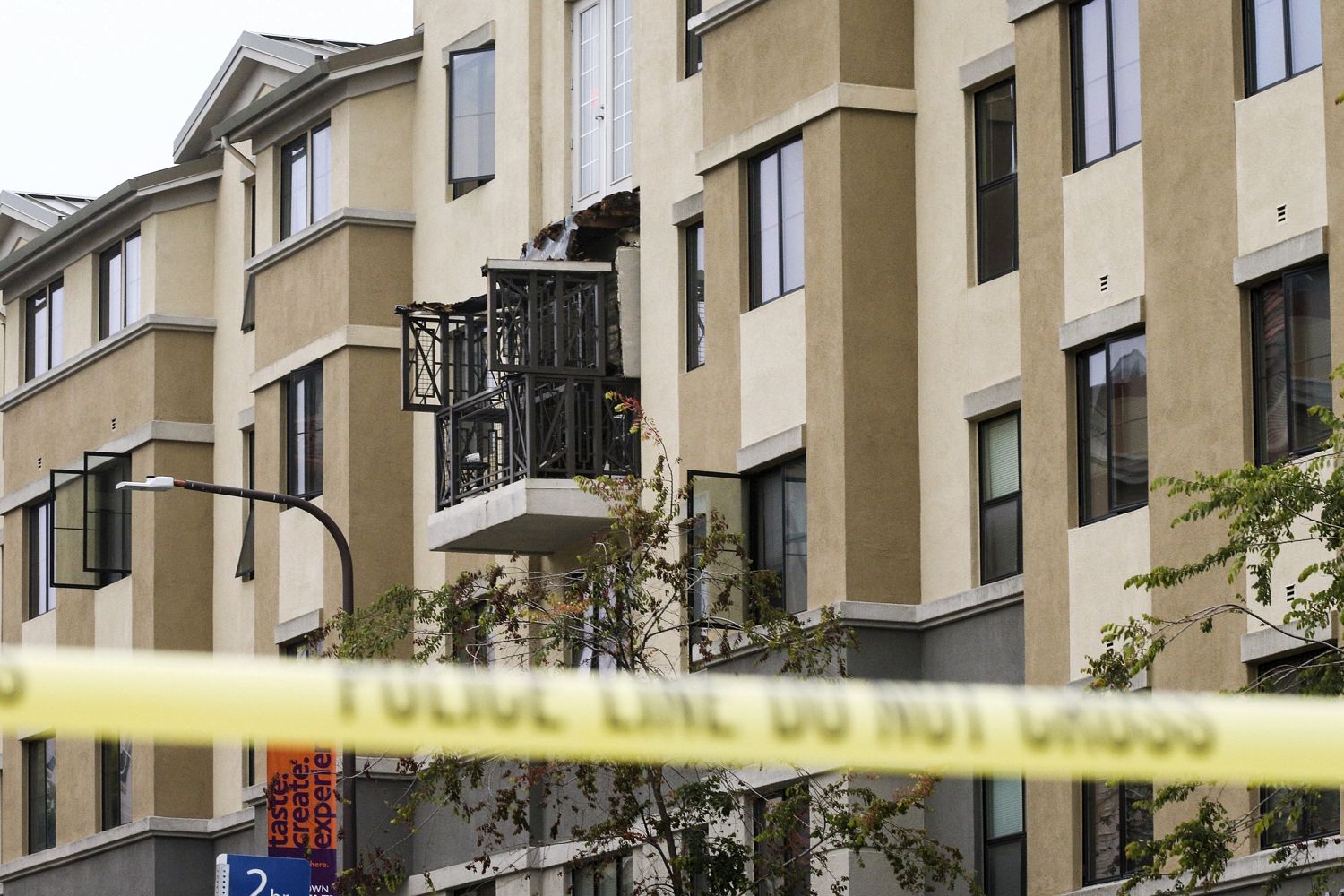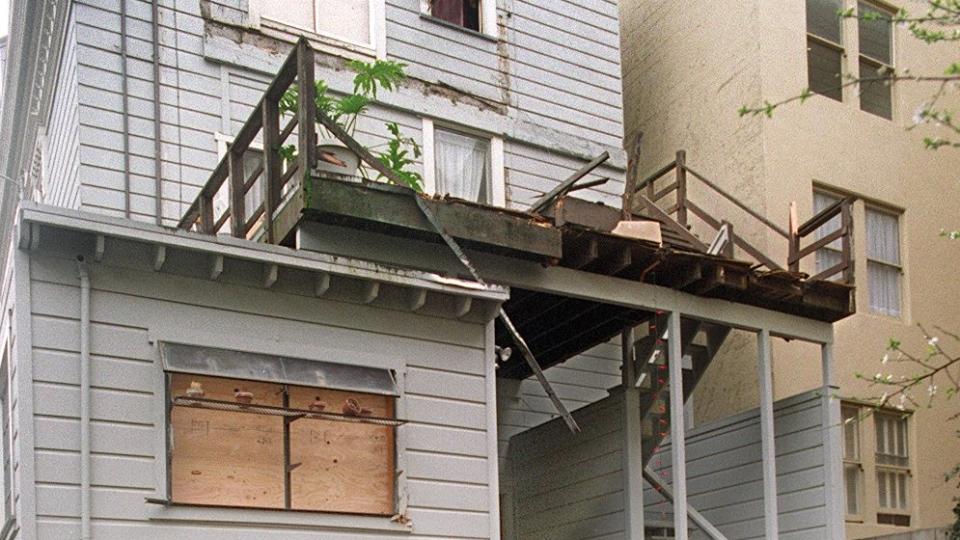Ready to schedule your Section 604 inspection? At DrBalcony, we specialize in providing thorough, reliable balcony inspections throughout California. Contact...
Read MoreDemystifying CA's SB326 & SB721: An Informative Piece for Homeowners

SB326 & SB721, Unveiling the Veil
Let’s be honest, CA’s SB326 and SB721 might seem like obscure jargon to those who don’t dabble in legal parlance. After all, who doesn’t enjoy a good ol’ mystery? But when that mystery revolves around laws affecting homeowners, we figure it’s high time we got down to some sleuthing! Trust us, there’s no need to grab your magnifying glass—we’ve done the hard work for you!
Cracking Open SB326: The "Balcony Bill"
The passing of SB326 was akin to a ripple effect across HOA communities. Dubbed the “Balcony Bill”, SB326 requires any building with elevated structures—think balconies, stairways, etc.— that are at least 6ft above ground to undergo inspections every nine years. That’s right! This bill aims to prevent tragedies related to structural failure, keeping folks safe and sound in their homes.
Sure, having an inspector scrutinize your property may seem intrusive—kind of like inviting someone to evaluate your home-cooked meal. But think of it as an extended warranty on your living space—it’s all about safeguarding residents’ welfare.
Under the Microscope: Examining SB721
Moving on to the next item on our agenda, let’s dive into SB721, a legislation that goes hand in hand with its sibling law, SB326. This dynamic duo of regulations takes inspections to the next level by not only covering single-family homes but also extending their reach to buildings with three or more multi-family units. Think of it as a thorough health check-up for your property, leaving no stone unturned when it comes to ensuring its structural integrity.
With SB721, you can rest assured that every nook and cranny of your building will be scrutinized, guaranteeing that any potential issues are identified and addressed promptly. From the foundation to the roof, from the plumbing to the electrical systems, this legislation leaves nothing to chance. So, whether you’re a homeowner or a landlord, embracing these comprehensive inspections is a smart move to protect your investment and provide a safe living environment for all residents. Don’t miss out on the opportunity to give your property the TLC it deserves with SB721!
What Does this Mean for Homeowners and Property Managers?
In essence, these bills spell out a heightened focus on safety and accountability—qualities that are never unwelcome when it comes to where we live. So homeowners can rest assured knowing that their abodes are routinely checked for structural integrity.
For property managers, these laws mean more responsibility, but also a clearer conscience. They’ll need to juggle regular inspections along with their other duties—but hey, who said juggling wasn’t a worthwhile skill?
Conclusion: Demystifying or Overcomplicating?
SB326 and SB721 might initially seem like they’re complicating things, but in reality, they’re stripping away the uncertainties. These pieces of legislation aim to ensure homeowners and residents can go about their lives without the worry of unsafe living conditions hanging over them.
On that note, let’s wrap this up—just like we’ve attempted to unravel the intricacies of California’s Bills SB326 and SB721.
Q&A Time: Let's answer some common queries
What's the purpose of CA’s SB326 & SB721?
The primary goal is to prevent structural failures in buildings, mainly through requisite inspections.
Who would be most affected by these bills?
Homeowners, residents, and property managers—it’s all about maintaining structural safety in buildings.
When are inspections due according to these bills?
SB326 demands inspections every nine years while SB721 targets buildings with three or more multi-family units.
Contact DrBalcony for a professional inspection!
Ensure the safety of your balcony and living space with DrBalcony - We're a Tech Engineering firm that specializes in California SB326 & SB721 balcony inspections. Over 300+ completed projects in California.
Request A Free EstimateClick To CallSimilar Blogs
Section 604 Inspection Frequency: How Often Are They Required in SF?
This blog dives into the details of Section 604 inspection requirements, exploring how often they’re needed and what you should...
Read MoreHandling Non-Compliance After a Section 604 Inspection in San Francisco
Non-compliance after a Section 604 inspection can feel overwhelming, but it's important to address issues promptly to ensure safety, maintain...
Read MoreHow to Find a Qualified Inspector for Exterior Elevated Element Inspections”
And while those laws might seem straightforward, finding the right inspector to assess your balconies and other exterior elevated elements...
Read More



